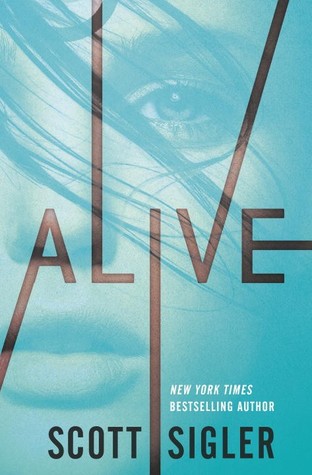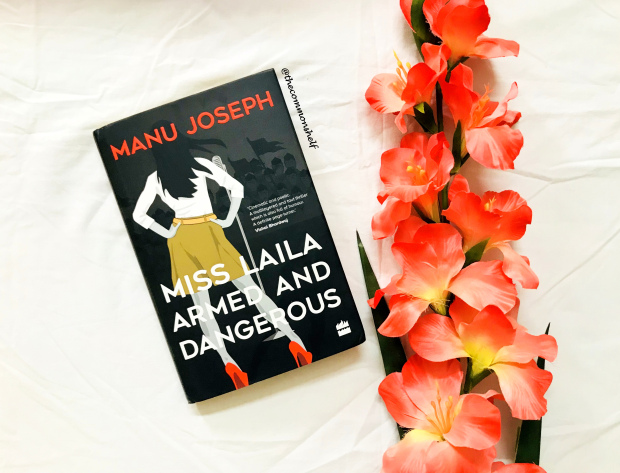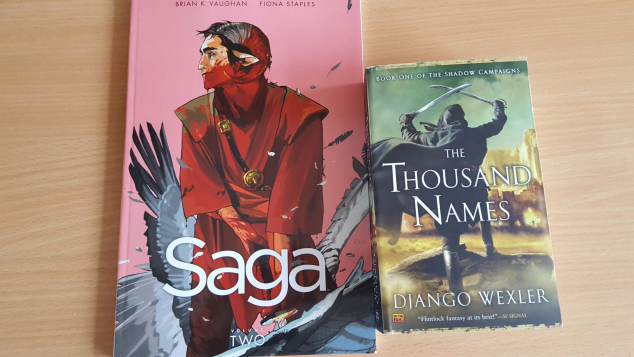Journalism is not the playground of a child for the reason that journalists have an immense weight that sits on their shoulders and faces a great deal of danger at times. Trained as whistle-blowers they always feel that it is their duty to act and serve in the interest of the public. Sometimes working in different towns means that they deal with different people on a daily basis. At times as those people grow to trust them they also find themselves trusting the ‘people’ in return. However, that trust is not enough and can be easily broken when it comes to someone with juicy information about a story but they want to remain unidentified as an anonymous source.

When is it right for journalists to use anonymous sources?
Red flags are raised in the minds of journalists when they are approached by people who, according to them, have important information but would rather like to remain anonymous. So, when is it right to use anonymous sources? A number of things have to be taken into consideration before making use of an anonymous source. Precautions, in terms of the law and ethics, for both the journalist and publication need to be taken for the reason that an anonymous source could land a journalist in hot sauce. (Ricchiardi 2016) Sherry Ricchiardi, who works as an international journalist and media development specialist, writes that there are four breakdown guideline points to consult as a means of justifying anonymity: (Ricchiardi 2016) the information that is provided needs to be of great importance, it is not the personal view of the source, the information can be found elsewhere and the source is credible. There are many possible reasons for a person wanting to remain an anonymous source, which is why it is the duty of the journalist to confirm what the person’s motives are. The Society of Professional Journalists’ (SPJ) code of ethics states that a journalist should (Ricchiardi 2016) “always question sources’ motives before promising anonymity.” Checking up on the source’s motives will also help clarify why they want to remain anonymous.
However, agreeing to grant anonymity is sometimes the last resource that journalists would turn to. With over 20 years of experience in the field of journalism, Len Downie Jr., the Weil Family Professor of Journalism at Arizona State University’s Cronkite School says: (Minton 2017) “In many cases, journalists can obtain significant information in the public interest only if they agree to keep the identity of the source confidential because being identified could jeopardize the source’s employment, freedom from legal jeopardy or even personal safety.”
For journalists it can be quite a gamble when it comes to dealing with anonymous sources. That is why journalists should consult the media laws that they were taught and use that as guidelines before making any decisions. The Freedom of Expression Institute (FXI) provides such guidelines in a book called; The Media and Law: A handbook for community journalists. In this handbook the South African National Editors Forum (Sanef) suggests that (Freedom of Expression Institute 2007) “it is preferable to get on-the-record statements and anonymity should be the last resort”. It is also important that the source should be able to confirm their information. (Freedom of Expression Institute 2007) “In this regard, anonymous sources should have direct knowledge and evidence of the story.” When it comes to unnamed sources assessing motives and/ or hidden personal agendas is crucial. The FXI advises journalists to ask questions such as: (Freedom of Expression Institute 2007) “Are you as a journalist using the source (in the interests of informing the public), or is the source using you for a different agenda?”
Journalists decisions based on ethics
It is also best for journalists to not only consult the media laws but also their ethical views and what they think might be the most appropriate ethical way to act. When a journalist happen to find themselves in a situation like this it is best for them to take a teleological stance and focus on the end result and consequences. When it comes to anonymous sources utilitarianism is the perfect philosophy to follow as journalist if you act in the interest of the public. According to philosophers, Jeremy Bentham and John Stuart Mill, (Davis 2001) “an action is right if it tends to promote happiness and wrong if it tends to produce the reverse of happiness—not just the happiness of the performer of the action but also that of everyone affected by it.” So when a source who prefers to remain anonymous provides information that is credible, trustworthy and in the interest of the public, all that the journalist must do is think of the end result and how it would benefit the greatest number of people.
Again, the question is asked: when is it right for journalists to use anonymous sources? It is right to use an anonymous source when the journalist has followed up on the given information. And if it is in the interest of the public; it is the duty of the journalist to inform the public of what they need to know.
Ends/815
Ricchiardi, S., 2016, ‘What every journalist should know about anonymous sources’, International journalists’ network, viewed 15 October 2017, from https://ijnet.org/en/blog/what-every-journalist-should-know-about-anonymous-sources Minton, L., 2017, ‘Q&A: Why do journalists use anonymous sources?’, Arizona State University, viewed 9 October 2017, from https://asunow.asu.edu/20170705-qa-why-do-journalists-use-anonymous-sources Freedom of Expression Institute, 2007, The Media and Law: A handbook for community journalists’, Anon, Johannesburg Davis, M., 2001, ‘Utilitarianism’, Illinois Institute of Technology, viewed 6 October 2017, from http://ethics.iit.edu/teaching/utilitarianismPicture: http://www.slate.com/articles/news_and_politics/press_box/2007/03/the_next_times_public_editor.html Advertisements Share this:





